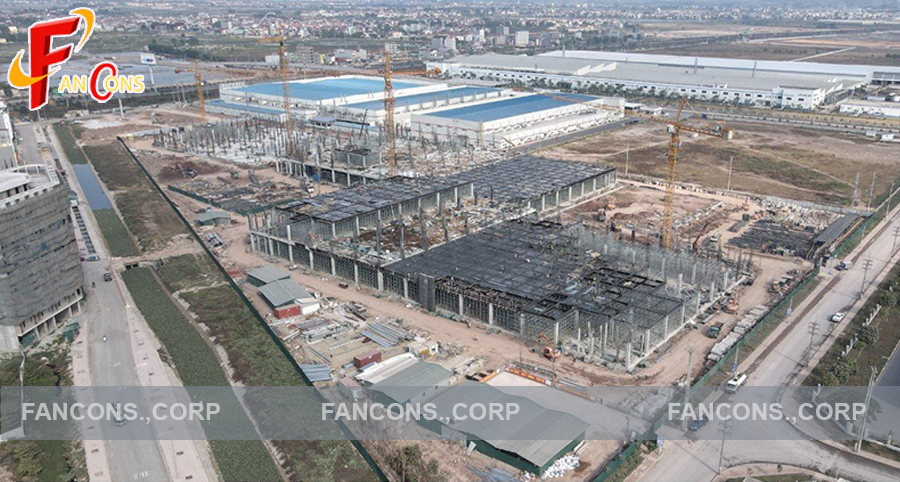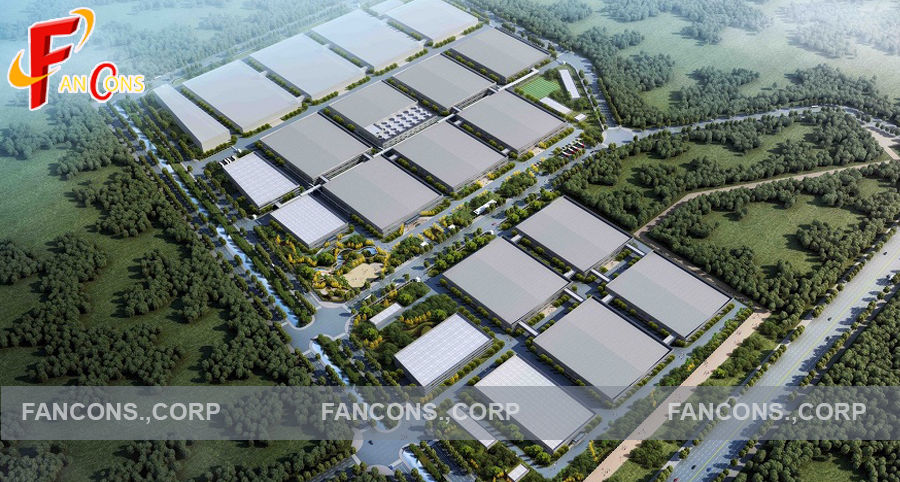Nội dung
Investment consulting services
1. Investment preparation stage
To ensure the highest investment efficiency, the investor must identify the appropriate sector for investment, determine the amount of capital needed, select the most strategic location, and time the investment for maximum profitability at each stage. Among all, the investment preparation and advisory phase is the most critical, serving as the foundation for making informed and effective investment decisions.
During this stage, the following tasks must be addressed:
- Assessing the demand and scale of the investment.
- Conducting outreach and market research domestically and internationally to identify sources for materials, equipment, and product distribution;
- Evaluating the capacity to mobilize capital and selecting appropriate investment forms;
- Surveying and selecting the project site;
- Preparing an investment advisory report or feasibility study;
- Appraising the investment project and making the investment decision.
This stage concludes when the investor receives the official investment decision (for state-owned projects) or the investment license (for private or other economic sector investments).
2. Investment implementation stage
This stage plays a decisive role in transforming investment capital into fixed assets that contribute to the national economy. Key tasks during this phase include:
- Applying for land use rights certificates, including inland water bodies, maritime zones, and continental shelf areas.
- Preparing the construction site.
- Organizing contractor selection for surveying, design consulting, technical supervision, and quality control.
- Reviewing and approving the project’s technical design.
- Conducting tenders for procurement of equipment, construction, and installation works.
- Obtaining construction permits and natural resource exploitation licenses (if applicable);
- Signing contracts with construction contractors to implement the project;
- Carrying out construction activities;
- Monitoring and inspecting contract execution;
- Installing equipment.
- Performing final inspection and acceptance of the project.

3. Construction completion stage
The efficiency of this phase relies heavily on the accuracy and thoroughness of the preceding stages, particularly the technical and economic feasibility of the project. Inadequate preparation during the investment advisory and planning phase can lead to operational difficulties, high rectification costs, and, in some cases, investment failure due to the investor’s inability to resolve unforeseen issues.
Therefore, the investment and construction consultancy must be meticulously executed from the outset to ensure smooth project operation, effective use of capital and assets, and a successful return on investment.

Key tasks in this stage include:
- Project handover;
- Completion and finalization of construction works;
- Implementation of warranty obligations;
- Operation and integration of the project into business or production activities.

 Tiếng Việt
Tiếng Việt 中文 (中国)
中文 (中国)
